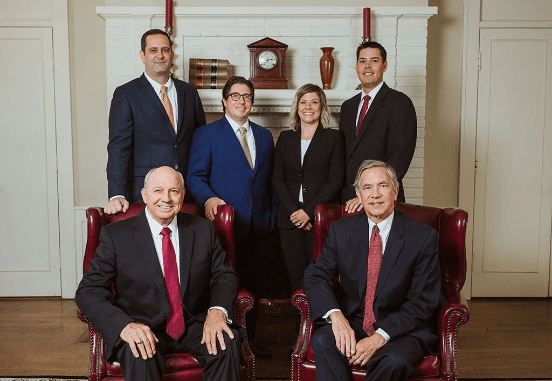Immediately following an accident victims are often faced with the need for medical care, expenses incurred as a result of medical care, wage loss, and injuries that can be long lasting or permanent. Regardless of the accident or incident which caused the injuries, often the Plaintiff is stuck with expenses and required to live with the aftermath daily. The last thing on their minds is “could this be my fault too?”, but that is exactly the question that is posed in personal injury cases where the Defendant raises an affirmative defense.
Some Affirmative defenses are issues rooted in law such as statutes of limitation, jurisdiction, venue, failure to state a claim, or lack of standing. These legal issues are best addressed and handled with the aid of an attorney, who is experienced in navigating the procedural aspects of a personal injury case. Legal hurdles like those listed above should be addressed as soon as possible following an incident to ensure and protect the victim’s ability to recover damages for their injuries.
Some Affirmative Defenses are rooted in the facts of the incident such as the Plaintiff consented to the injury or behavior which lead to the injury, assumed the risk, failed to mitigate damages or that the act of the Defendant was necessary to prevent greater harm, etc. Often Defendants will accuse the Plaintiff of having contributed to or had some role in causing the injuries they have suffered. An example of such an Affirmative Defense that is often seen is where a Defendant in car accident litigation asserts that the Plaintiff’s injuries are due to some act on the Plaintiff’s part such as speeding, being a distracted driver, being an unrestrained driver or perhaps failing to maintain their vehicle in a safe manner. In a work related accident where an employee is injured while working with a piece of machinery, the Defendant manufacturer may assert that the injury was due to the employee using the machinery in a negligent manner, a manner it is not intended to be used in.
Affirmative Defenses can be summed up as the “yeah but” defense, where although the Defendant admits being a part of the accident in some regard, but asserts that the Plaintiff too is to blame for their injuries or the extent thereof. A recently publicized incident of a Defendant attempting to stiff the blame to an accident victim is the current litigation between Wal-Mart and comedian, Tracy Morgan. The comedian was a passenger who suffered serious injuries as a result of a car accident involving a Wal-Mart truck. Although the Wal-Mart truck reportedly collided with the vehicle the comedian was in, Wal-Mart is now claiming that the extent of the comedian’s injuries are a result of his failure to wear his seatbelt.
It is important for victims of personal injury to contact an experienced personal injury attorney as soon as possible following an incident because often in litigation issues such as affirmative defenses do arise. An experienced attorney can help guide a victim through the process of dealing with affirmative defenses and maximized their chance of the full recovery, which they are entitled to for their injuries.

Legally Written and Reviewed by a Managing Partner
Wooten, Kimbrough, Damaso, and Dennis, P.A.
Our content is written and reviewed by our founding attorneys Butch Wooten, Orman Kimbrough, Mike Damaso, and Tom Dennis. Helping the injured since 1966, they’ve successfully handled thousands of personal injury cases across Florida. Whether you’re a Florida resident or an out-of-state visitor injured in Florida, we’re dedicated to providing clear and reliable information to help you navigate your legal options confidently.




